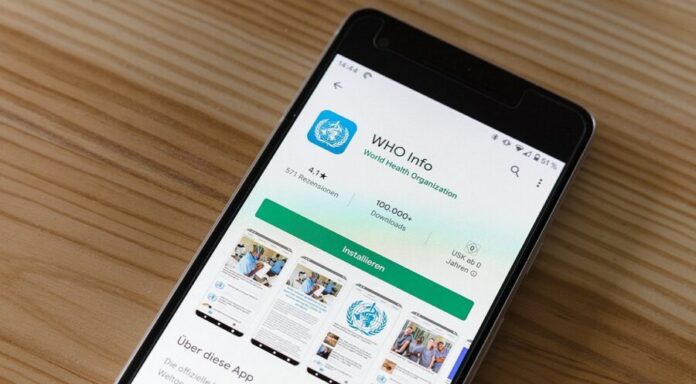The COVID-19 pandemic’s negative effects on TB services have made it clear how urgent it is to move on with vaccine research.
The World Health Organization’s Director-General, Dr. Tedros Adhanom Ghebreyesus, made plans to create a new TB Vaccine Accelerator Council during a high-level panel discussion on tuberculosis earlier today at the World Economic Forum, a WHO media press release states.
The Council will encourage high-level coordination between funders, international organizations, governments, and end users in order to identify and remove obstacles to the development of novel, effective TB vaccines.
Despite governments’ audacious pledges to eradicate tuberculosis (TB) by 2030 in the Sustainable Development Goals, the WHO End TB Strategy, and the 2018 political statement on the battle against TB, the epidemic is still raging. Approximately 10.6 million individuals contracted TB in 2021, and 1.6 million died from it. With about 500,000 patients annually developing treatment-resistant TB, drug resistance continues to be a significant issue.
Currently, BCG is the only TB vaccination with a license. While it has a modest level of effectiveness in avoiding serious TB infections in newborns and young children, it is ineffective in protecting adolescents and adults, who are responsible for over 90% of TB transmissions worldwide.
According to a recent WHO-commissioned study, An investment case for new tuberculosis (TB) vaccines, a vaccine that is 50% effective in preventing disease among adolescents and adults over 25 years could prevent up to 76 million new TB cases, 8.5 million deaths, 42 million courses of antibiotic treatment, and US$ 6.5 billion in costs faced by TB affected households, especially for the poorest and most vulnerable. This is especially true for the most vulnerable and vulnerable populations.
Up to 110 million new TB cases and 12.3 million deaths might be avoided with a 75% effective vaccine. According to the study, every dollar spent on a vaccination that is 50% effective might result in a US$7 return on investment in the form of reduced medical expenses and enhanced productivity.
A second United Nations High-Level Meeting on TB will bring together heads of state and government later this year to assess progress made in relation to pledges made in the 2018 political statement. This offers a significant chance to address shortcomings in the fight against tuberculosis, including the immediate creation and distribution of new TB vaccinations.



